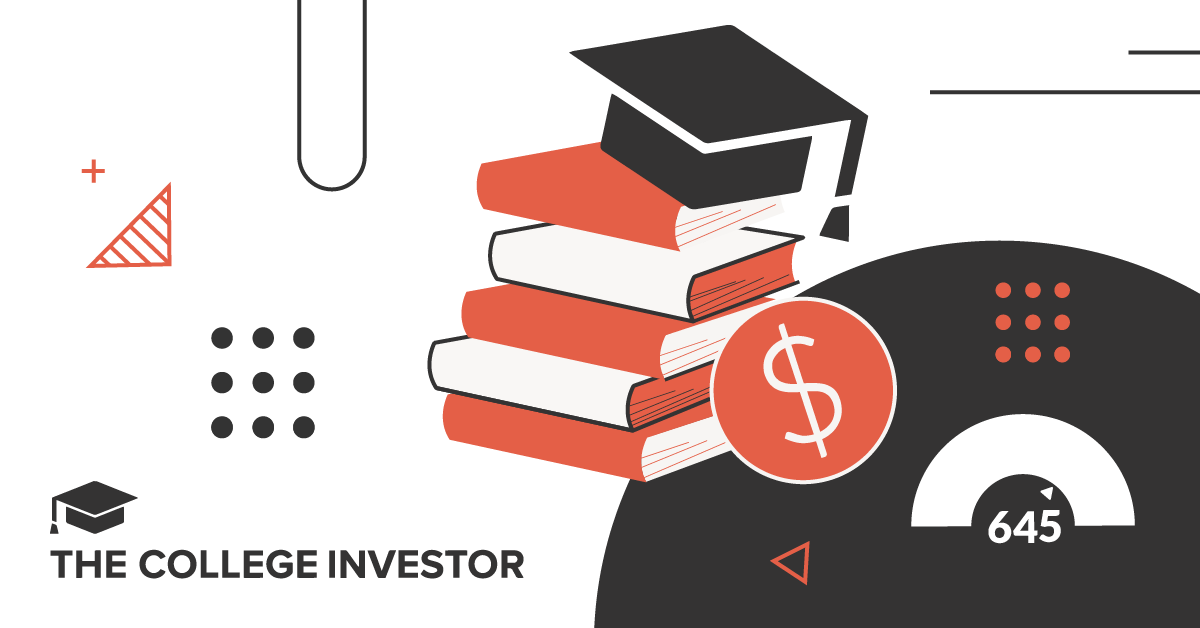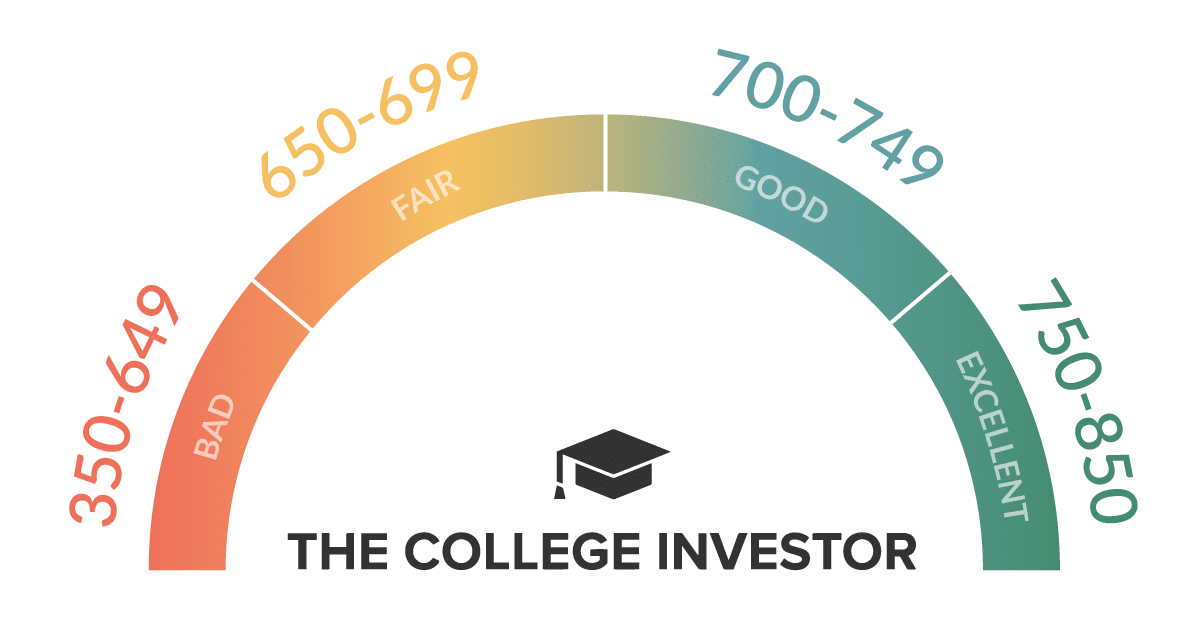
For many, student loans offer a pathway to pay for higher education. While using student loans to pay for college can certainly pay off, the burden of this debt can weigh on you heavily after you graduate.
That's partly because student loans can tend to have a big impact on your overall finances, including your credit score.
This article explores how student loans can impact your credit, both positively and negatively, and explains what you need to do to manage your credit score while you repay your student loans.
Can Student Loans Affect Your Credit?
Student loans are a type of installment credit. The basic premise of this type of loan is that you borrow funds to pay for your educational costs. In return, you are required to repay the lender in fixed monthly payments for the duration of the loan term.
As with all loan types, student loans can have a positive or negative impact on your credit score. The deciding factor is how you manage the loan. For some borrowers, positive management of their student loans leads to credit score growth. But for other borrowers, mistakes end up hurting their credit scores.

Student Loans And Credit Scores: The Positives
The good news is that student loans can have a positive impact on your credit score. Below are some actions that won’t hurt your credit score.
Payment History
Payment history accounts for 35% of your FICO score, which makes it the most heavily weighted factor. As a student loan borrower, you can use this to your advantage. When you consistently make on-time payments to your student loans, that will build a positive payment history. In general, this should have a positive impact on your credit score.
Income-Driven Repayment Plans
The average monthly student loan payment is $393. A payment of that size can take a big bite out of anyone’s budget. If your initial federal student loan monthly payment amount is too high, income-driven repayment plans offer a reprieve.
Through an income-driven repayment plan, you have an opportunity to lower your monthly payment. While this choice can stretch out your loan term, it can help you make your budget work. The payment amount will vary based on your income, which can make the monthly expense more palatable.
If you choose to apply for an income-driven repayment plan, it won’t have a negative impact on your credit. In fact, opting for a more affordable monthly payment that you can realistically pay on time each month could end up helping your credit score.
As long as you make the agreed-upon payments on time each month, an IDR plan shouldn’t hurt your credit score.
Deferred Loan Payments
If you hit a financial rough patch, you might ask for a deferment. Essentially, deferring your loan payments pauses your payment obligations for a predetermined amount of time. You’ll need to get approval from your lender for the deferral. But if they grant your request, it shouldn’t have a negative impact on your credit score.
In contrast, waiting until after you miss a payment to contact your lender about a financial hardship could hurt your credit score.
Fresh Start
The Fresh Start program offers a one-time opportunity for borrowers with federal student loans to pull their loans out of default. If you contact your lender to enroll in the Fresh Start program, the Department of Education will remove the default record from your credit report.
According to myFICO, “Based on our current understanding of how the U.S. Department of Education intends for these accounts to be reported to the CRAs, we believe that many borrowers who enroll in Fresh Start are likely to experience score increases over time, resulting from the past delinquency and default information being removed from their credit files. Those consumers with little to no delinquency information in their credit file aside from the student loans in question likely stand to gain the most from enrolling in the Fresh Start program.”
In other words, taking advantage of the Fresh Start program shouldn’t hurt your credit score. Instead, it’s likely to improve your credit score.
Student Loans And Credit Scores: The Negatives
Of course, it’s possible to hurt your credit score if you're not careful. Let’s explore the situations when student loans could negatively impact your credit.
Payment History
As I mentioned, your payment history is the most important factor in your FICO score. But this factor is a double-edged sword. An unblemished record of on-time payments will boost your credit score. But missing a student loan payment will likely hurt your credit score.
If possible, set up an automatic payment plan to make sure you never forget to make a payment on-time.
Of course, this isn’t a good solution if you don’t have the funds you need to make on-time payments. If you aren’t able to make a payment, get in contact with your lender before the deadline passes. You might be able to request a deferment or switch to an income-driven repayment plan to avoid the negative impact of a missed payment.
Side Note For Student Loan Repayment Restart: There will be a grace period of 12 months before late payments will be reported to the credit bureaus.
Credit Mix
Student loans are considered installment loans, which means the balance doesn't revolve, like with a line of credit or credit card.
One factor in your FICO score is the mix of your credit accounts, which represents 10% of your score. A balanced credit mix includes both revolving and non-revolving debt. When you pay off your student loan, it’s cause for celebration. However, you might be left without any installment loans. While it seems counter-intuitive, this lack of debt diversity could end up hurting your credit score.
Defaulting
Defaulting on your student loan is the worst-case scenario. Essentially, defaulting means you aren’t paying back your student loans in the agreed-upon timeline. In addition to costly fees, you’ll also see your credit score take a big hit.
The Bottom Line
Student loans can have a big impact on your credit score. But whether the impact is positive or negative largely comes down to you. With responsible student loan management strategies, like making on-time payments, your student loans can help you grow your credit score. But if you miss a payment or default on your loans, you might see your credit score plummet.
As you navigate the student loan repayment process, stay on top of your loan at all times. If you have any questions about the repayment process, don’t hesitate to reach out to your lender. When you have questions, it’s better to ask about the issue to avoid any potentially negative credit impacts.

Sarah Sharkey is a personal finance writer covering banking, insurance, credit cards, mortgages and student loans. She has written for numerous finance publications, including MagnifyMoney, Business Insider and ChooseFI. Her blog, Adventurous Adulting, helps young adults get a handle on their finances.
Editor: Colin Graves Reviewed by: Robert Farrington